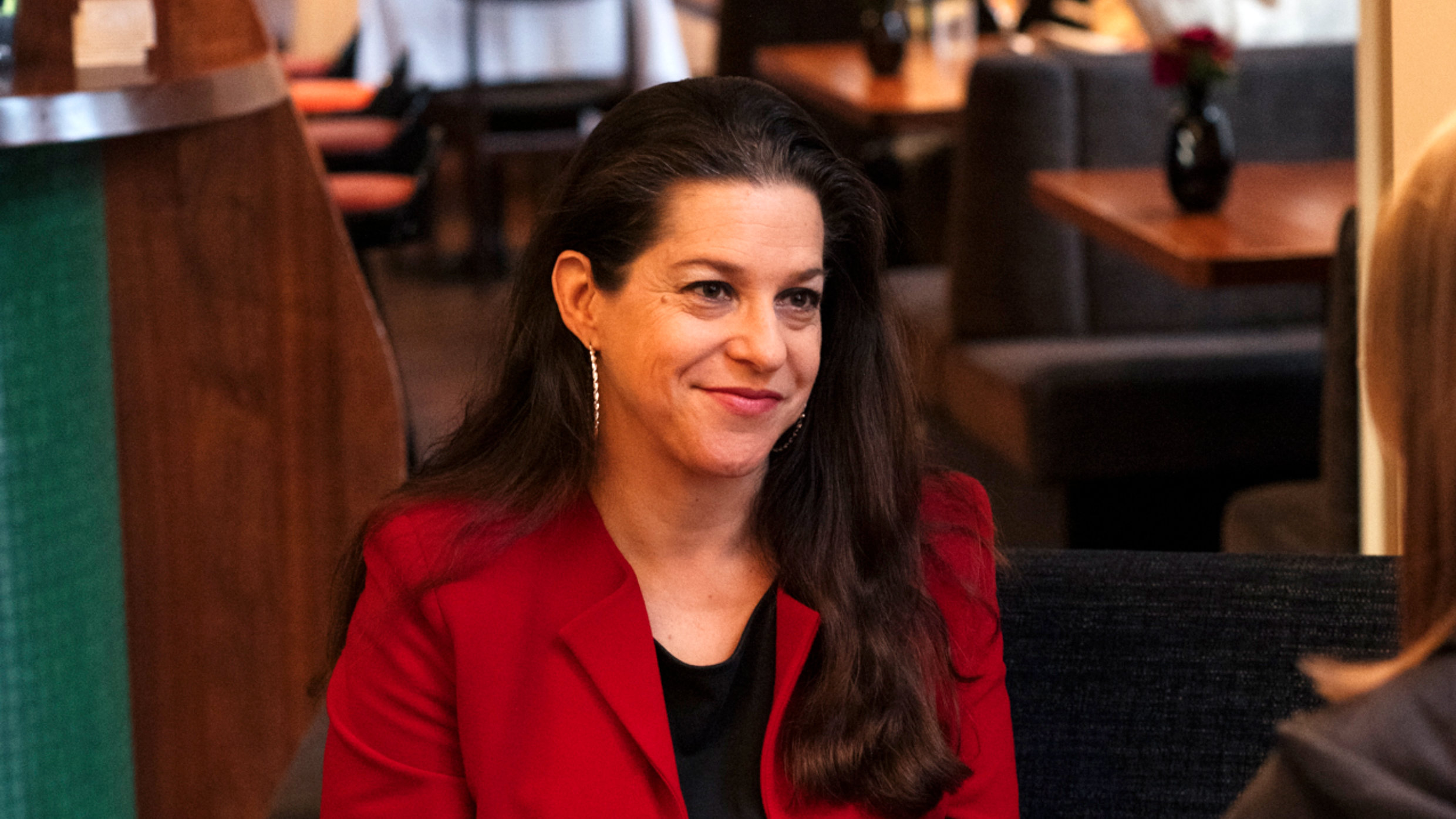Navigation auf uzh.ch
Navigation auf uzh.ch

Prof. Dina Pomeranz, assistant professor of applied economics, has a strong passion for global fairness and development. Her research addresses critical issues such as taxation, public policy, and poverty alleviation in developing countries and emphasizes the importance of recognizing global progress.
From an early age, Dina Pomeranz was interested in the topic of equality. After her exchange year in Costa Rica at the age of eighteen, she asked herself: “Why is the world so unequal?” Her curiosity about international poverty and developing countries led her to study international relations in Geneva. During this time, she realized that economics addressed many of the questions that intrigued her, prompting her to focus on this topic for her Master’s degree and subsequent PhD. Now an assistant professor of applied economics, her research focuses on public policies in developing countries, particularly in the areas of taxation, public procurement, firm development and the environment. One aspect of her work that Pomeranz particularly values is the opportunity to interact with a diverse group of people. “I enjoy working with others”, she says, “and my job gives me the chance to collaborate with fellow researchers as well as individuals from governments, NGOs, or corporations.” Her occupation also affords her the opportunity to partner with experts in business or government. “It‘s a win-win situation”, she explains. “Practitioners often have limited time for research, but a wealth of know-how and open questions. Thus, we can partner together to answer them.”

Pomeranz was initially interested in health and education policies, so why does much of her research now focus on taxes? “States need revenue to be able to execute their roles and provide essential services, such as education, road construction or access to water and electricity, which are necessary for a country‘s development”, she says. In low-income countries, however, tax revenues are not only lower in absolute terms, but also in relation to the gross domestic product (GDP). As a result, fewer resources are available for public infrastructure. Therefore, it’s a priority for many of these countries to raise tax revenues fairly, as tax increases often disproportionately affect the poorest. Pomeranz is actively researching solutions in Tanzania and the Democratic Republic of Congo. “To collect taxes, the state needs information about economic activities, ownership and earnings”, she explains. “In lower-income countries with a large share of informality, obtaining such information is much harder.”

The global definition of extreme poverty is living on less than two francs a day, adjusted for prices. Ten percent of people worldwide still fall into this category. “As you can imagine, with an income below two francs a day, life is hard along many dimensions”, Pomeranz observes. Her research also looks at poverty and the environment. One such project evaluated a solar lamp initiative in Kenya. People who do not have access to electricity often rely on harmful kerosene lamps. Providing them with solar lamps turned out to be a triple win. Her research found that this benefits the climate by reducing kerosene usage, alleviates poverty by freeing households from expensive kerosene purchases, and promotes better health by reducing eye and respiratory problems. Despite all challenges, Pomeranz emphasizes the tremendous global improvements over the last 30 years: poverty rates have plummeted as never before in human history, infant and maternal mortality rates have halved and literacy rates have skyrocketed, significantly improving living conditions worldwide. She stresses the importance of acknowledging this progress to avoid cynicism and inspire action. “It‘s a gradual process, driven for example by dedicated individuals inventing new medicines or improving institutions. Every contribution can help to make a difference, so it‘s worth getting involved.”
Author: Jamie Brama
Photos: Caroline Krajcir